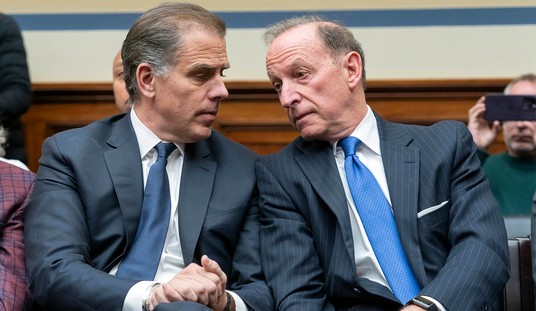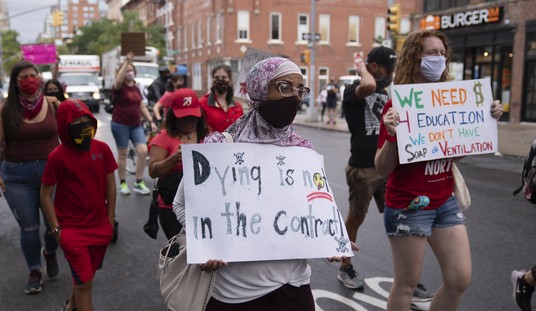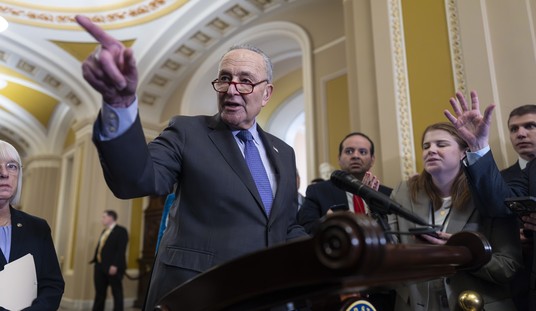Groups such as the Sierra Club have long claimed that fracking is an environmental hazard. The revolutionary drilling process “has contaminated the drinking water of hundreds of thousands of Americans,” Sierra says on its website. Must rest on some pretty sound science, right?
Guess again.
The Environmental Protection Agency last year wrapped up one of the most comprehensive studies of hydraulic fracturing done to date. “We did not find evidence that these mechanisms [fracking] have led to widespread, systemic impacts on drinking water resources in the United States,” it concluded.
And an EPA report released earlier this month notes that “the number of identified cases of drinking water contamination is small” compared to the total number of hydraulically fractured wells.
You can be sure that the EPA is not soft-pedaling any genuine environmental impacts. The agency is quite sympathetic to the viewpoints expressed by Sierra and other environmental groups. If EPA officials could nail fracking to the wall, or credibly damage its reputation at all, they would.
As it is, they’ve been doing everything they could to downplay the lack of risk. They claimed “gaps and uncertainties” made it difficult for the agency to draw any broad-scale conclusions. They deleted the “we did not find evidence” line from the final report.
“Even the agency’s admission that the number of contamination cases was small was omitted from the EPA’s press release,” writes Steve Everley, a spokesman for North Texans for Natural Gas. “It had to be pried out of the agency from the media.”
But the EPA’s report isn’t the only one that exonerates fracking. Officials at the U.S. Department of Energy, and at the U.S. Geological Survey, have also said that there is simply no evidence of widespread contamination due to fracking.
Recommended
Contamination has occurred in some places, yes, but fracking isn’t the culprit. A 2014 National Academy of Sciences report found that the contamination of water resources in Pennsylvania and Texas was due to well leaks, not fracking.
But that hasn’t stopped members of the “Keep It In The Ground” crowd from falsely claiming that fracking is dangerous. Their multi-million-dollar campaign rests on little more than a knee-jerk aversion to fossil fuels.
They carry on and on about non-existent, negative environmental impacts of fracking, while completely ignoring its very real, positive impacts.
The economic benefits are undeniable. It provides Americans with jobs. It creates an economic boom for communities near fracking wells. And it has helped bring all of us cheaper energy prices.
According a recent Energy Information Administration report: “Wholesale electricity prices at major trading hubs on a monthly average basis for on-peak hours were down 27 to 37 percent across the nation in 2015 compared with 2014, driven largely by lower natural gas prices.” Thanks, fracking.
This doesn’t just mean less expensive fill-ups at gasoline stations (as welcome as that is). Cheaper energy ripples throughout the economy, resulting in less expensive goods and services in other sectors of the economy. Even so-called environmentalists are better off.
Fracking especially helps low-income families, who bear the brunt of higher energy prices the most. With good reason did The Wall Street Journal call fracking “America’s best anti-poverty program.”
Some regulation is needed, sure. But it shouldn’t come from Washington. “Anti-fracking rhetoric not only conflicts with experience and science, but ignores the effective state-based regulatory system in place,” writes energy expert Nicolas Loris. “The process has been regulated successfully at the state level for decades.”
Environmental groups will probably never acknowledge the scientific reality that fracking is safe, let alone give it credit for helping people. But that doesn’t mean the rest of us have to listen to their scare-mongering.
We know the truth. We don’t need their anti-fracking lies.

























Join the conversation as a VIP Member